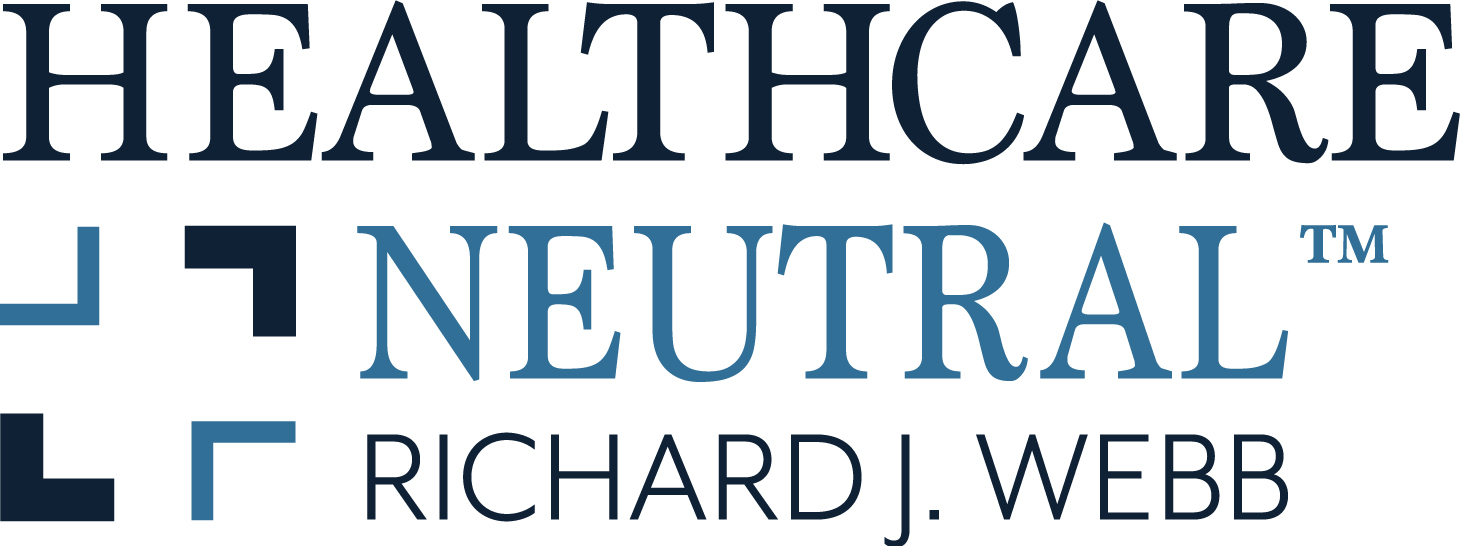What I Offer
ARBITRATOR
As an arbitrator, I am engaged by two or more parties in a legal dispute to hear evidence and decide the outcome by issuing a legally binding and judicially enforceable decision. This process is agreed upon by the parties, typically by contract in advance of any dispute, but sometimes after a dispute arises.
The parties typically choose me through an ADR administrator such as the American Arbitration Association (AAA) or the American Health Lawyers Association (AHLA) Dispute Resolution Service, although in the absence of a contractual provision the parties may choose to engage me directly. I serve as a sole arbitrator and as chair of three arbitrator panels administered by the AAA and the AHLA.
Arbitrations are private proceedings governed by procedural rules established by the parties’ agreement or chosen ADR administrator. My role as arbitrator is to work with the parties’ counsel and apply those rules fairly and consistently. As arbitrator, the ever-present challenge is to balance the goal of hearing efficiency with the parties’ right of self-determination. I take an active role at the outset of the arbitration to guide the parties with respect to the scope, pace and schedule of the hearing process.
At the conclusion of the hearing, the arbitrator issues a decision (or “award”), granting or denying all claims and counterclaims of the parties. From the outset of the case, I conduct the arbitration process to assure that all relevant evidence and legal arguments are fully considered – and then issue an award that is fair, well reasoned and understandable.
MEDIATOR
As a mediator, I am engaged by two or more parties in conflict to facilitate a discussion that leads to resolution of their differences. This can occur pursuant to a provision in their contract, by their post-dispute agreement or by order of a Court.
I believe that parties in a dispute are best served by using Guided Choice Mediation. In Guided Choice, the parties involve a mediator as soon as their dispute arises. The mediator then plays an active role in facilitating the parties’ exchange of information, diagnosing the root causes of the dispute, and designing a customized settlement process. Guided Choice often serves to avoid or overcome impasse, or at least narrows the issues to be decided in a subsequent proceeding.
My overall approach to mediation is to to spend the time necessary and appropriate with counsel for each party by telephone, separately and then jointly, before scheduling an in-person mediation session. This can and should occur, whenever possible, before significant formal discovery has occurred in the case.
In my view, mediation is especially effective when the mediator has expertise in the subject matter of the dispute. Such expertise enables a more efficient exchange of information, identification of the real issues, awareness of the parties’ broader business interests, and generation of settlement options. In certain cases, and only at the request of both parties, I will offer a “mediator’s proposal” based on my opinion of the dispute’s likely outcome.
HEARING OFFICER
As a hearing officer, I am engaged to conduct a formal hearing process pursuant to pre-existing rules of an organization that require a fair hearing before adverse action can be taken against an individual within that organization. Typically, this involves presiding over the fair hearing provided to a physician by a hospital’s medical staff under the hospital’s medical staff bylaws, although it could also occur under the bylaws of an Accountable Care Organization, Independent Practice Association or Clinically Integrated Network.
Such hearings can have serious consequences for the affected physician, including suspension or termination of medical staff privileges, exclusion from provider networks, and reporting to the state Board of Medical Examiners and National Practitioner Data Bank.
The hearing officer’s duties may be limited to presiding over the hearing process where a panel of peer physicians will decide the outcome – somewhat like the role of judge in a jury trial. In other cases, the hearing officer may preside over the proceedings, but additionally serve as an advisor to the panel of peer physicians who will decide the outcome. Finally, some bylaws authorize the appointment of a hearing officer who presides over the hearing process and decides the outcome on the merits – much like an arbitrator.
Under any set of rules, a crucial role of the hearing officer is case management. My approach is to engage with counsel for both parties at the outset to clearly delineate the issues to be decided, define the scope of evidence to be offered, and agree upon an efficient hearing timetable.
My goal as a hearing officer is to assure the affected physician receives a full and fair hearing commensurate with the significance of the outcome. A byproduct of this approach is that it achieves a second goal – that whatever decision is reached will be understood and respected in subsequent proceedings.
Fees and Expenses
Consistent with ADR’s goals of speed and efficiency, every effort is made to structure the process used in each case to minimize the costs and expenses incurred by the parties. My services are billed at hourly rates, commensurate with the nature of the engagement. All typical administrative expenses (photocopying, telephone, postage, local travel expenses) are included in those rates. Travel expenses outside of New Jersey and travel time are specific to each engagement and agreed upon in advance.
